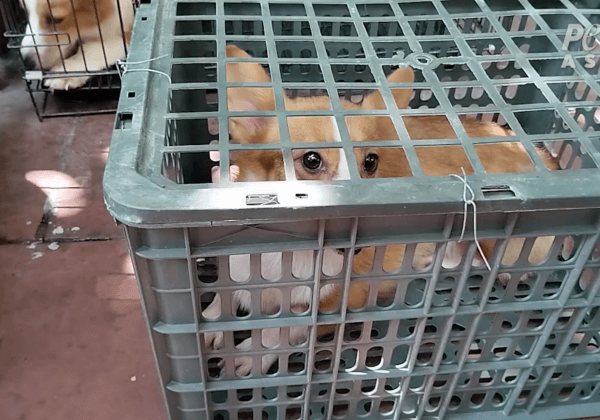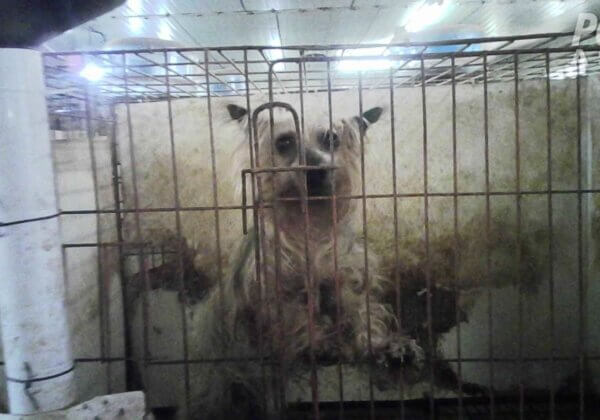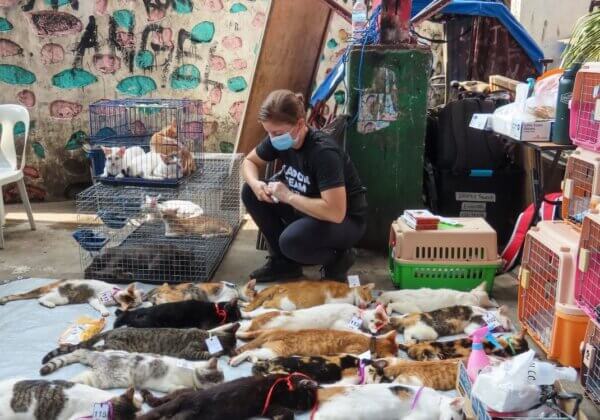Don’t Flush the Finned Ones
This article originally appeared on PETA Prime.
When I was a kid, I stood in sad attendance at many a goldfish funeral. To their credit, my parents did attempt to acknowledge the passing of each little finned friend. But even as a youngster, I still felt something wasn’t right when we gathered around the toilet. There was an emptiness I was unable to define.The loss of an animal companion is often a child’s first experience with death, and for many, it involves the death of a fish. Some parents hold flush-funerals with the very best of intentions; I remember my Mom saying that flushing was the very best way to send my orange friend back to the river from whence he came. But there are other considerations that may have future ramifications.
I volunteered as a counselor on a pet grief hotline for almost seven years, and in the process I spoke to many genuinely grieving children. Here are a few of the things I heard firsthand, from the mouths of babes:
A young man who was grieving for his pet goldfish said, “If something happens to me, will Mom and Dad flush me too?”
A 10-year-old girl who had just lost her 9-year-old dog—with whom she’d grown up—said, “Mom and Dad aren’t crying, so I should be grown-up too and not cry.”
These humbling examples offered me a sobering perspective on how deeply and personally children experience grief. So what can parents and grandparents do to help?
Right now, before a loss occurs, think about how to bring your child into the process. Death is a natural part of life, and how you guide your child or grandchild through their grief will very likely affect how he or she will deal with similar experiences in the future.
Some ways to involve children are to hold a small family funeral, at which the animal’s life is celebrated with stories, artwork, poetry, or a song. Our next-door neighbors had their children create colorful laminated placemats memorializing their beloved companion. This gave the children a chance to discuss their friend at dinner and initiated some wonderful family dialogue that might otherwise have been missed.
Also, let your children see you cry, if you are moved. Explain to them that your heart hurts too, and bring them into your experience so that they’ll understand that it’s OK to grieve. If you suppress your feelings, your child might come to believe that it’s wrong to express one’s grief.
These are just a few easy steps to ensure that the loss of even the smallest animal friend is treated with honor. The experience becomes an opportunity not only to instill respect and compassion but also to model for our children that grief is a natural and acceptable emotion that’s directly equivalent to the depth of the love we feel for our animal companions. This way we can raise compassionate kids who will carry those life lessons into their own families, and we can recognize that even the tiniest life lost can have a tremendous and lasting impact on the lives of our little human animals.










